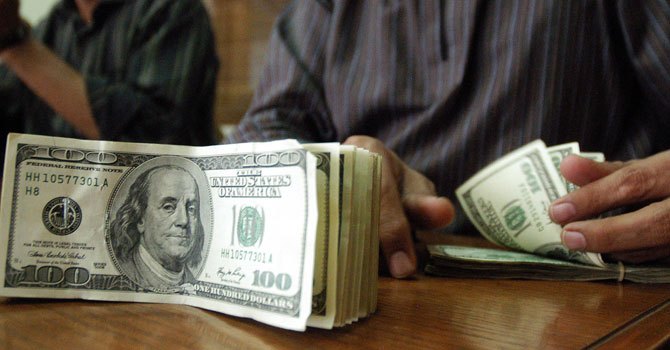
By Dr Cesar Chelala
One of the saddest things in the world today, ravaged by brutal wars, is a child, looking nowhere, as if asking the viewer, “Why are you doing this to us? We are only children.” This thought came to my mind as I read a report of the effects of the Syrian war on children, “A Devastating toll: The impact of three years of war on the health of Syria’s children,” prepared by Save the Children, a health and human rights organisation working in more than 120 countries.
The reported numbers of suffering children are overpowering: at least 1.2 million children have fled the country, and at least 4.3 million children are in urgent need of health and humanitarian assistance. More than 10,000 children have already lost their lives, and the numbers keep increasing.
Children are not only killed or maimed by bullets and bombs, but are also dying from a lack of basic medical care. The country’s healthcare system has collapsed. Most children today in Syria are even unable to receive vaccination coverage for the most common vaccine-preventable diseases.
Before the conflict, Syria had a good health care system, with a child mortality rate of 15 per 1,000 births, down from 38 per 1,000 births in 1990. The country was on track to reach millennium development goal four – to reduce the child mortality rate from preventable diseases by two-thirds. The country also had almost universal coverage by skilled birth attendants and a high rate of institutional delivery.
Today, those gains and hopes are shattered, as is the country’s health care system. Across the country, 60% of hospitals and 38% of health facilities have been damaged or destroyed, and nearly half of doctors have fled the country. Aleppo, a city that should have 2,500 doctors, now has only 36. As a result, the remaining health facilities and personnel struggle to cope with the large number of cases, many of whom remain unattended.
Most of the children arriving at health facilities come with war injuries. Hospitals and clinics, however, do not have the personnel to take care of them. Many doctors, health personnel, and even patients have come under attack either on the way to health facilities – or even inside of them. Many homes are being used as makeshift hospitals, and living rooms have been turned into operating theatres. In addition, production of essential drugs has fallen by 70% compared to previous levels.
The consequences of these shortcomings are mind blowing for a person living in a country at peace: newborn babies dying in their incubators because of electricity cuts; children having their limbs amputated because of lack of equipment and drugs to treat them; children with chronic diseases being left unattended; children and adults being forcibly made unconscious because of lack of anaesthesia; parents arriving at a hospital or clinic and hooking up their own children to intravenous drips because of there aren’t enough medical and paramedical staff.
Vaccine programmes in the country have all but collapsed; while during peacetime vaccine coverage was 91% it is probably less than 50% today. Deadly diseases such as measles and meningitis are on the rise. Even polio, which was eradicated in the country in 1995, is now present in up to 80,000 children across the country, raising concerns about its spreading internationally.
In Syria today, children’s lives are at risk even before they are born. Pregnant women have poor antenatal, delivery and postnatal care. Ambulances are few and they are frequently stopped by roadblocks and checkpoints on the way to the hospital. As a result, unassisted births have increased dramatically, raising the possibilities for complications. Many women opt for caesarean sections, despite the risks provoked by lack of drugs and trained personnel.
Syria’s conflict has been fuelled by foreign intervention. Leaders of those countries and groups that have provoked the conflict should have the minimum decency to also create the conditions for proper humanitarian and health assistance, particularly for its most vulnerable victims.
Dr. Cesar Chelala is an international public health consultant and a co-winner of an Overseas Press Club of America award.


